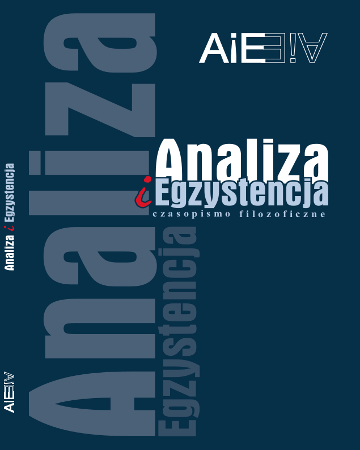Przesycenie. Koncepcje Jürgena Habermasa i Jeana Baudrillarda na tle katastrofizmu neohumanistycznego St. I. Witkiewicza
Surfeit. Philosophies of Jürgen Habermas and Jean Baudrillard against the background of St. I. Witkiewicz’s neohumanistic catastrophism
Author(s): Agnieszka Smrokowska-Reichmann Subject(s): Philosophy, Philosophical Traditions, Existentialism, Analytic Philosophy, Philosophy of Science, Hermeneutics
Published by: Wydawnictwo Naukowe Uniwersytetu Szczecińskiego
Keywords: neo-catastrophism; postmodernity; metaphysical feelings; communicative action; consumerism; subject
Summary/Abstract: The paper analyses the category of neo-catastrophism. Postmodern society has launched the mechanisms of self-destruction which are now working not only in interpersonal and communicative relationships, but also in the realms of axiology, ethics and even ontology. According to the author, the main aspects of Jean Baudrillard’s and Jürgen Habermas’ philosophy can be interpreted as containing such neo-catastrophic message. However, as the forerunner of neo-catastrophism in philosophy the author points out Stanisław Ignacy Witkiewicz (Witkacy), especially his theory of metaphysical feelings and their disappearance in mass society. Stanisław Ignacy Witkiewicz, known among the philosophy critics as neohumanistic catastrophist, has foreseen many categories which are typical for Habermas’ and Baudrillard’s writings. The neo-catastrophic mechanisms has a serious consequences for the condition of postmodern subject, the more so because the main part of the neocatastrophism is the strong conviction that there is no escape. The author, besides the main thesis mentioned above, highlights some common features between Baudillard’s and Habermas’ conceptions.
Journal: Analiza i Egzystencja: czasopismo filozoficzne
- Issue Year: 2015
- Issue No: 30
- Page Range: 127-149
- Page Count: 23
- Language: Polish

